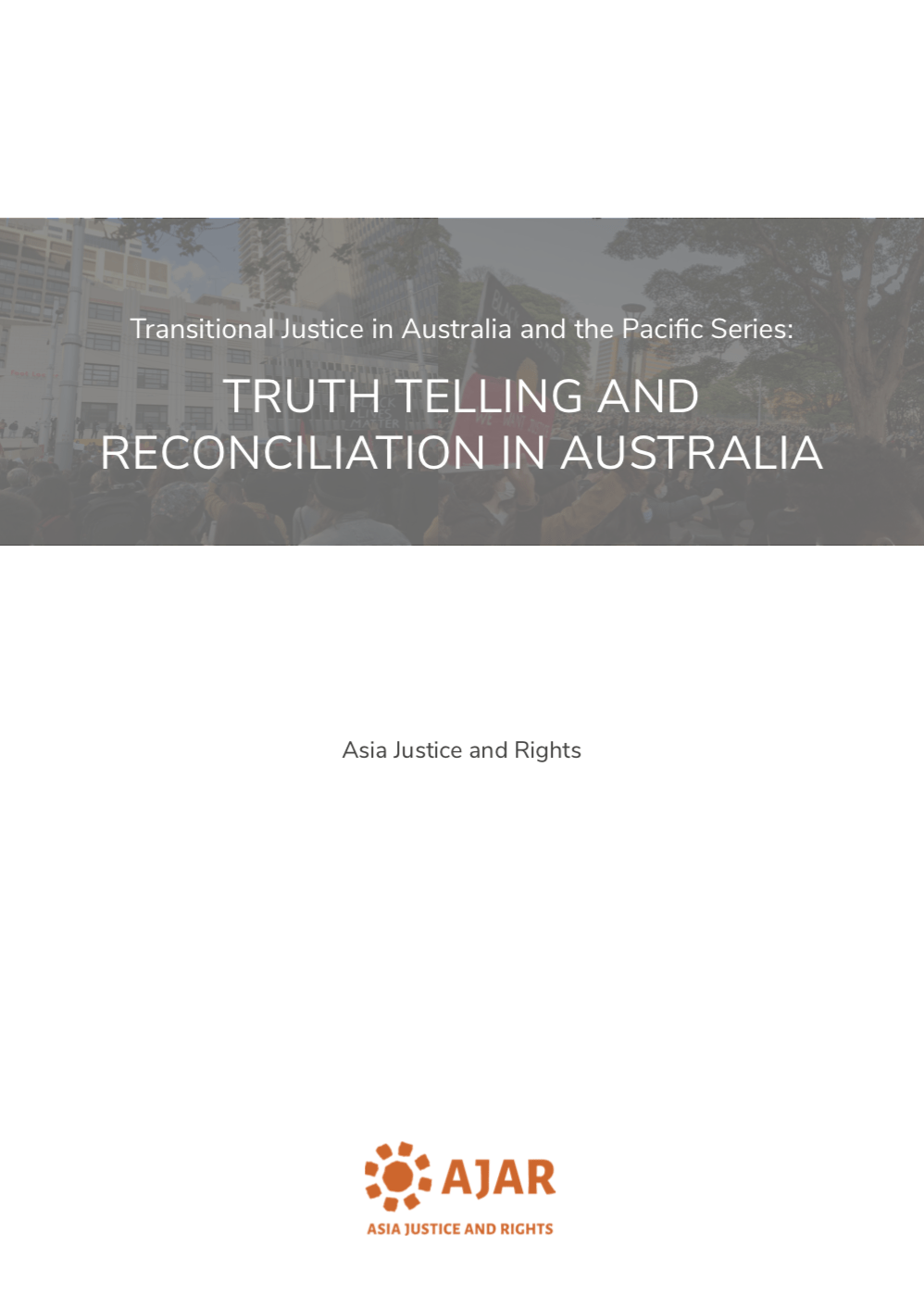Indigenous Australians have inhabited the continent for over 60,000 years. With the start of European colonisation in 1788, communities were suddenly confronted with disease, the violent expropriation of land and massacres. Policies of segregation further marginalised indigenous peoples while assimilation permitted states to force children out of their families and into institutional care where many endured severe physical, sexual and emotional abuse.
The legacies of colonisation are ongoing as indigenous Australians remain below other Australians in essentially all development indicators such as health, education and income. December 2021 marked 30 years since a Royal Commission into Aboriginal Deaths in Custody. In that time, almost 500 indigenous and Torres Strait Islander peoples have died while in custody.
Attempts to reckon with Australia’s colonial past and build a future based on equality and justice for First Nations peoples are ongoing. In June 2021, the government of Victoria formally established the Yoorook Justice Commission, based on consultations with indigenous communities. The commission will be the first formal truth-telling process into injustice experienced by First Peoples in Victoria in all areas of life since colonisation. The commission was established in June 2020 and will finalise its work in June 2024.
In 2017, the Uluru Statement from the Heart was announced as an invitation by First Nations people to build an Australian nation based on justice and self-determination. The three components of the Statement are Voice, Treaty and Truth. While advocacy and grassroots campaigning continues, the government has not met demands such as an indigenous voice to the Australian Parliament.
Truth Telling and Reconciliation in Australia is an overview of Australia’s experience with Indigenous truth-telling processes. The discussion centres on the Indigenous-led struggle for recognition and rights, dating from first contact with European colonists. The paper is aimed at transitional justice and human rights practitioners, including Indigenous peoples in the Asia-Pacific region.
